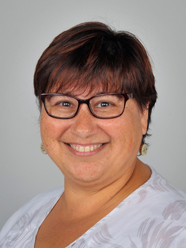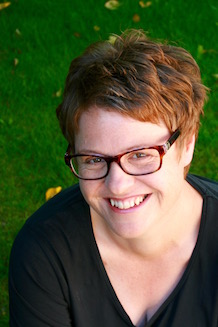About The Research Project
Digital technologies are becoming increasingly prevalent in health care. To effectively promote and improve health care future doctors need to have the knowledge skills and attitudes to operate digital technologies securely and accurately. This is also the expectation from employers, government, regulators, and patients. This PhD research project aims to identify how medical education can provide the opportunity for future doctors to learn how to become effective in a digital health care environment. We need input from three key stakeholder groups:
- Medical students with experience of the current learning opportunities for Digital Health within the MB ChB programme.
- Educators of the MB ChB programme
- Technical expert with clinical expertise and some experience within a digital health care environment.
Key Stakeholders
Input from the following three key stakeholder groups is essential for this PhD research project

MB ChB Students
As future doctors and the primary consumers of medical education, current MB ChB students and new graduates are critical in this research project. Apart from being able to inform the project on issues of engagement and motivation. Their critical thinking skills mean that the input from this group is invaluable toward ensuring that any future curriculum design for digital health is relevant and practical.

Educators
Educators are invaluable to this digital health research project with their expertise, knowledge, and understanding of medical education. They are skilled at providing engaging learning experiences to keep students motivated and interested in the material. They are also adept at providing opportunities to transfer theoretical concepts from the classroom to real-world situations in the clinical setting.

Digital Sector Experts
Experienced expert clinicians with some knowledge and first-hand experience in Digital Health are crucial to this research. They can help students understand how digital health tools and techniques can be integrated into clinical practice to optimise the quality of health care and improve patient outcomes. They are role models in professionalism for students, demonstrating qualities of using digital tools professionally, securely and ethically which is essential to being a successful doctor in a digital age.
About the project researcher

Brett Sumner, BEng(Hons) MBA FIITP
Brett is an IT professional and a fellow of New Zealand’s information technology professional body. He has extensive experience in successfully delivering technology projects across numerous sectors including health. Brett is currently pursuing a PhD at Otago Medical School in Wellington conducting his thesis in the area of digital health competence and looking at how digital health training can be introduced into future primary medical degree curricula.
Meet the research project supervisory team

Professor Rebecca Grainger
Rebecca is a rheumatologist and a former University of Otago medical graduate. Rebecca has active research interests in rheumatology and medical education (student engagement, technology in education and health system improvement and curriculum development). Rebecca is also a fellow of the International Academy of Health Sciences Informatics and former Health Informatics NZ board chair.

Professor Tim Wilkinson
Tim is a medicine and medical education professor and a consultant physician in geriatric medicine, Canterbury District Health Board. He is also deputy Editor of Medical Education, Section Editor of BMC Medical Education, and member of the editorial board for Focus on Health Professional Education, Tim has strong research interests in medical education for both the current and future generation of doctors.

Dr Tehmina Gladman
Tehmina is an Education Adviser at the University of Otago Wellington. With a strong interest in technology and staff development. Tehmina works with staff on a range of educational matters including the planning, development, delivery, assessment, and evaluation of courses; professional development; research with an educational focus; and confirmation pathway processes.

Dr Rachelle Martin
Rachelle is a lecturer with the Rehabilitation Teaching and Research Unit (RTRU) in the Department of Medicine at the University of Otago, Wellington. Rachelle has extensive experience in realist research methods methods to unpack the ‘black box’ of complex health programmes by developing a theoretically based understanding of ‘what works for who, in which contexts, to what extent, and how?’

Questions, Comments or Feedback?
If you have more questions, comments or feedback about this PhD Research project or this website, I would really like to hear from you. Please click on the following button to send me an email.
